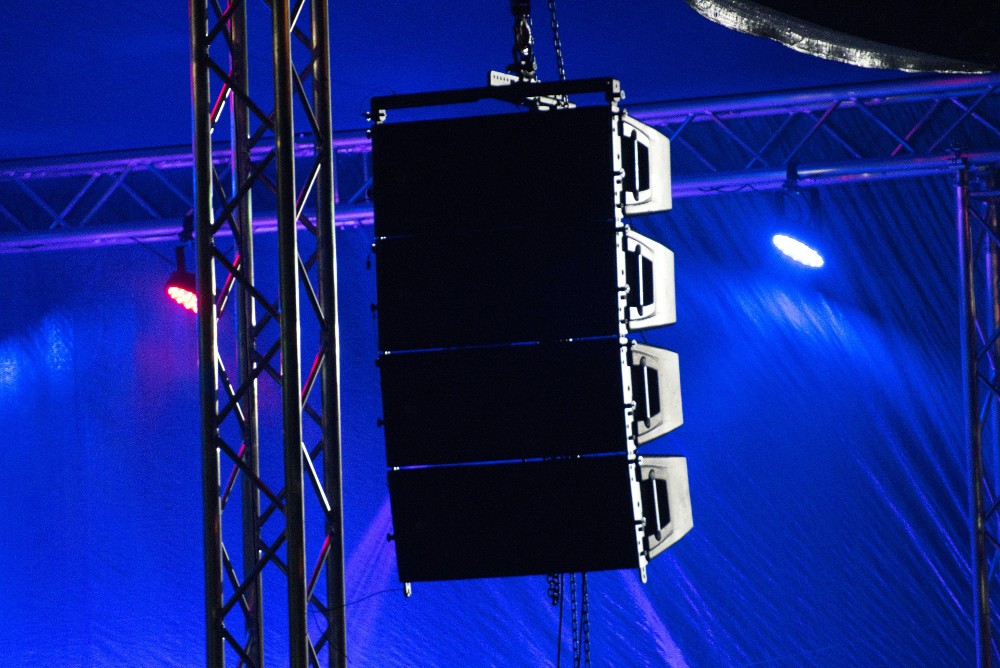What to do when facing resident complaints about your premises
In the last 9 months, the UK’s night-time Economy has been under attack. Noise complaints have escalated exponentially, with businesses under pressure to tone down the music and tell patrons to leave venues and pubs quietly from vibrant urban UK city centres.
Mike Kill from the NTIA has said, “These businesses have weathered over three years of austerity, and now with untenable operating costs, face a fight for survival. The escalation of noise complaints across the UK has become a real issue with businesses not only feeling the pressures of current costs and trade, but now the notion that their livelihoods could be challenged at any moment.”
Commercial noise complaints, resulting in a £20,000 fine, can be issued if businesses fail to comply to a Noise Abatement Notice, alongside the seizure of equipment. But what leads to a noise abatement notice, how is it affecting pubs and clubs, and how can business address this problem?

How loud warrants a noise complaint?
Complaints of noise nuisance are made under The Environmental Protection Act 1990. This Act says power to take action can only be granted if the noise is “unreasonable”, otherwise noise should be expected and tolerated.
Nuisance of this type is called a statutory nuisance and concerns a number of factors:
- The time of day it occurs
- How long it lasts for
- How often it happens
- How loud it is
- Could the noise be controlled?
The Act does not specify decibel levels, it is measure by a subjective assessment. Formal action can only be taken after review from an authorised officer. These are important points to remember and potentially investigate if your nightclub or pub receives reports of a complaint.
What happens to commercial businesses upon receiving a noise complaint?
Should this happen, you should seek advice at the earliest opportunity. Your broker will direct you as to the best course of action – requiring input from an expert may well be necessary.
As soon as you become aware of a potential problem, start a diary or log of what has happened, when, and what steps you have taken to address the issue. It may also be useful to speak to other business owners in the area. You could also lobby parties such as your local MPs and councillors to get support.
As their first act, local councils will investigate noise complaints between the hours of 11pm and 7am. They could have the right to issue a warning, give a fixed penalty notice or remove any equipment making the noise. Your venue could also be investigated by an environmental health officer. They might service an Abatement Notice asking you to stop the noise or limit it to certain hours.

How to respond to an abatement notice
An abatement notice may be served, requiring persons to stop causing noise. Councils are legally bound to first assess whether the noise would affect the average person. Excessive complaints or letters from residents is not enough to warrant an abatement notice.
Upon receiving an abatement notice, business owners have the legal right to know who made a complaint against them. Investigating this fact may go some way to solving your problem, however this is only advised after consultation with the police.
Abatement notices are serious. Breaching your abatement notice could risk a hefty fine. They will need to be appealed in court. Consulting with your broker is the best way to receive legal advice.
What can be done about nightclub noise complaints?
The NTIA are calling for the Government to work towards protecting this sector. The industry is pleading for change – such as asset protection schemes similar to Berlin. This will be critical for independent businesses, all of which are such a vital part of the cultural makeup of the capital.
Some 50 pubs a month are now disappearing from communities across England and Wales, real estate adviser Altus Group has warned. Pubs need to be helped, not hindered by the system. As Mike Kill says, “We need the Government to recognise the importance of these businesses and protect them with the same vigour that they would the museums, galleries and historic sites that the UK is known so well for.”
If you are currently experiencing harassment from noise complaints, contact your broker. At NDML we will offer you expert advice on what you need to do in the event of a claim or complaint. There isn’t an event we haven’t seen in our 20 years of experience in the night-time industry field. See our information on nightclub insurance and pub insurance, or enquire to talk to a broker directly.
How to Successfully Manage Noise
Read our document on how venues can manage noise and its impact for licensed premises.







